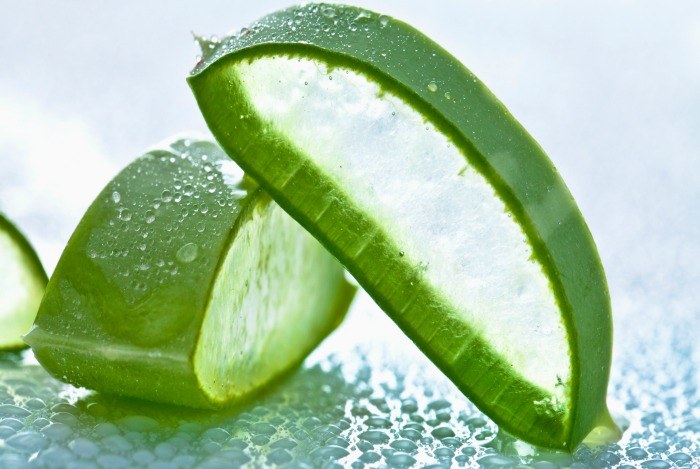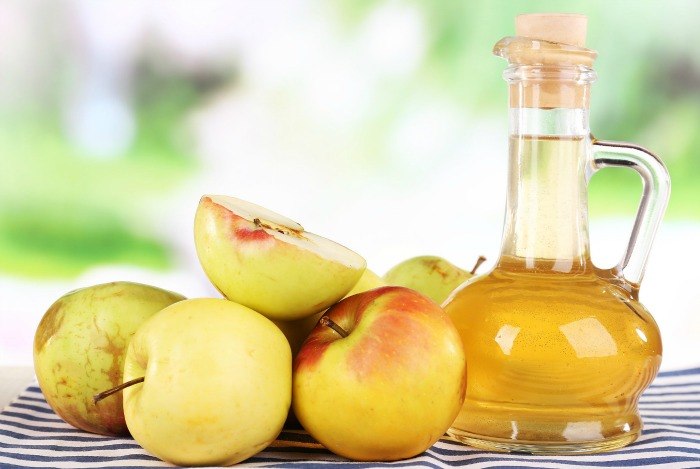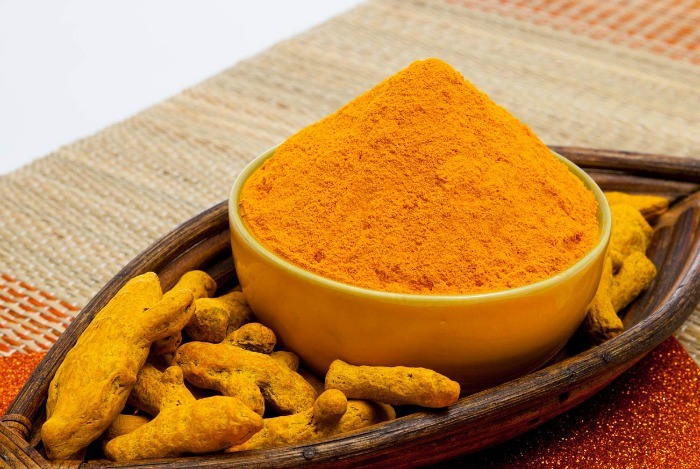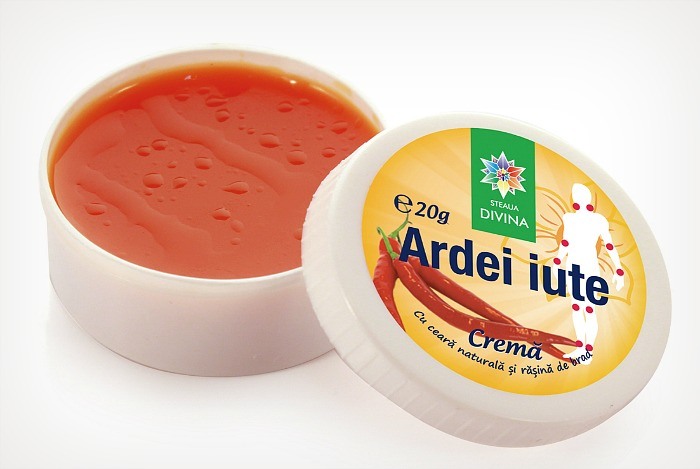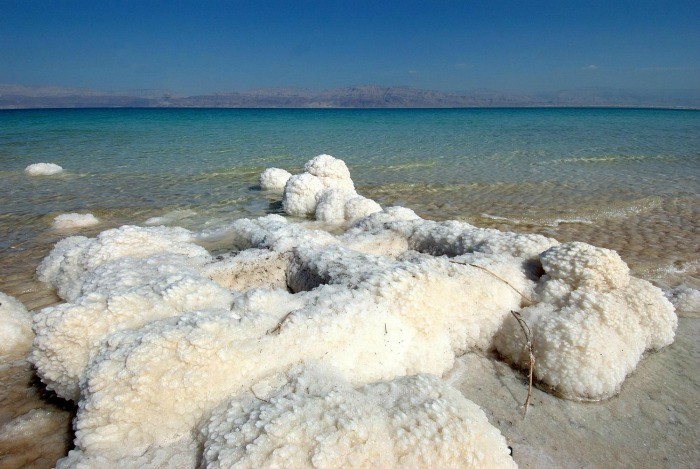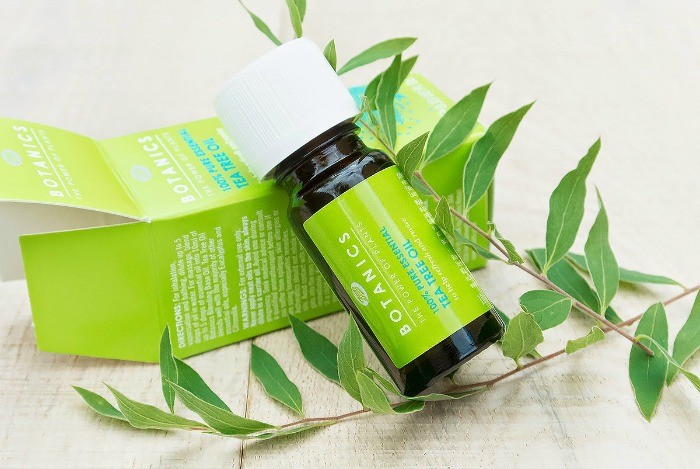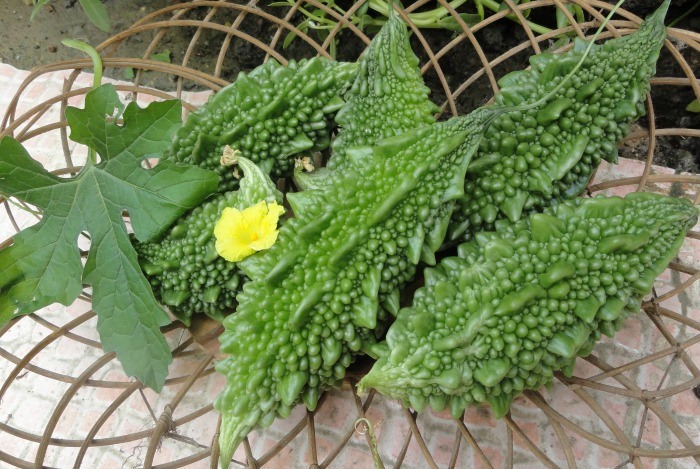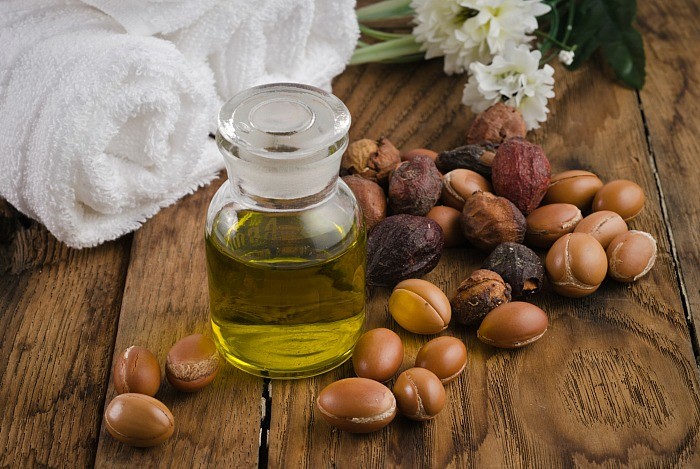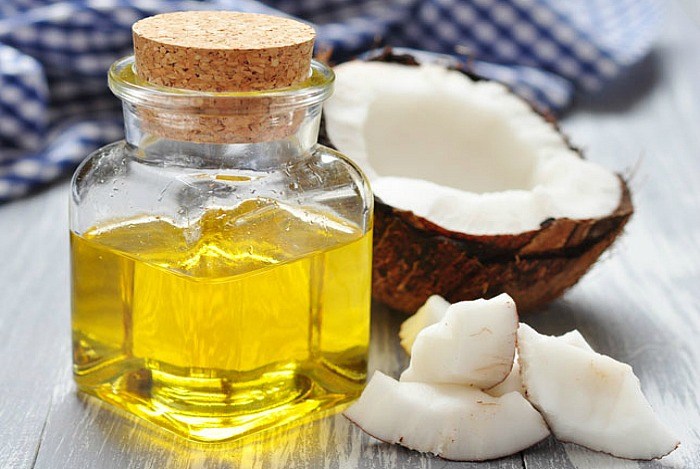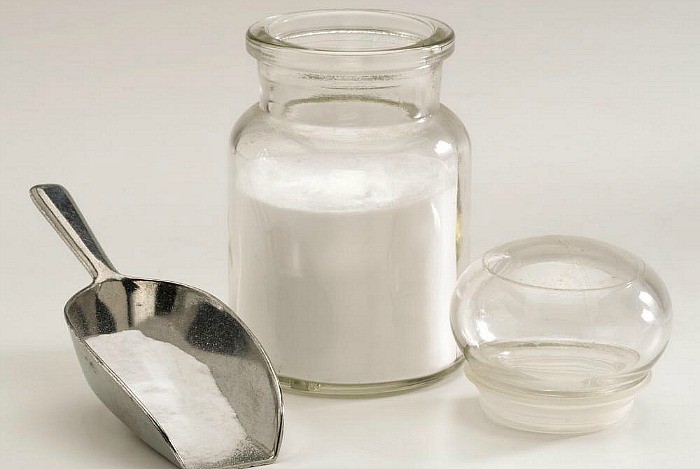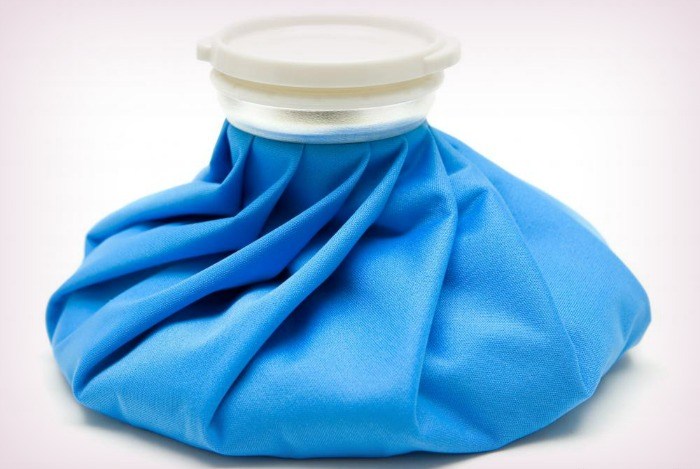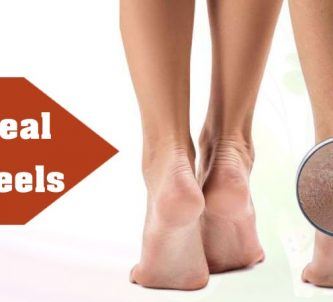Updated: 11/05/2019
Contents
Psoriasis is known as a long-lasting autoimmune disease on the skin, which can change the life cycle of the skin cells. Psoriasis may cause cells to build up quickly on the skin surface. The extra skin cells will form silvery and thick scales and dry, itchy, and red patches, which are sometimes painful. This chronic disease is difficult to cure completely. There is no radical treatment for this disease; however, it is not difficult to find natural remedies to limit the development of psoriasis. In this article, we will show you the top 21 natural home remedies for psoriasis on hands, feet, and other body parts.
There is no science-based evidence for the following homemade recipes. The recipes we've focused on are traditional home remedies, so always consult your doctor and check out your health condition regularly to know if a remedy is working for you.
- 43 Common ways to say goodbye to dry flaky skin on face naturally
- 16 Natural home remedies for dry skin on face & body in winter
- 39 Unexpected ways on how to cure dry skin on legs and feet
21 Best Natural Home Remedies For Psoriasis On Hands, Feet, & Other Body Parts
1. Aloe Vera
There are five types of psoriasis, but the most common symptom is peeling skin. Aloe vera is known as one of the most effective home remedies for psoriasis. One study indicated that aloe vera could reduce pain quickly and heal peeling skin[1]. A 2018 study conducted on 2,248 participants with psoriasis. They have used an ointment containing 3 % aloe vera and 50 % propolis or a placebo. The results suggested that aloe vera may help people with this disease. People who used the preparation having aloe vera reported a “noteworthy improvement” in the symptoms[2].
Usage:
EffectiveRemedies Partner Solutions

Ask a Doctor Online and Get Answers in Minutes, Anytime!
Have medical questions? Keep asking questions to a Verified Expert until you get the answer you need.
- You wash aloe vera leaves and take their skin off.
- After taking a bath, you use aloe vera gel to rub the affected skin areas.
- Besides using the fresh aloe vera, you can also use the boiled aloe vera water for drinking every day.
- You should combine both internal and external treatments to have the fastest results.
2. Apple Cider Vinegar
Apple cider vinegar may help to reduce the symptoms of psoriasis because it might balance the body's pH level[3]. The antiseptic properties of apple cider vinegar may aid in reducing the itching or irritation caused due to psoriasis, especially on your scalp. Because vinegar may cause a burning sensation, you should moderate the dose for avoiding further irritation.
Option 1: To use on the skin’s surface
You mix apple cider vinegar with water at a ratio of 1:1 and then you soak a cotton gauze pad or clean cloth to the mixture and rub gently on the affected area. After 30 minutes, you can wash your skin thoroughly with fresh water. You should do this at least twice a day.
With this method, the antimicrobial agents of apple cider vinegar will help to remove harmful factors and restore the pH balance of your skin.
Note: You should try on a small skin area to check for allergic level before using for the first time.
Option 2: To drink
You mix apple cider vinegar with water at a ratio of 2:10. Next, you add a spoon of honey to improve the taste of the mixture. You should drink this mixture regularly to get the best results.
Note: Do not drink water with too much concentration of apple cider vinegar because the acid in apple cider vinegar might harm your skin and tooth enamel.
3. Yoga
Some patients claim that stress makes their psoriasis symptoms more serious. It makes them itchy and painful when they have psoriasis plaque or difficult to move if they have psoriatic arthritis. Yoga is also a famous method for reducing stress[4].
Spend 20 minutes every day to do a yoga exercise such as stretching, breathing, or strengthening movements. You can take a basic class about yoga, health & fitness at some fitness centers and then do it yourself at home to feel more comfortable.
4. Turmeric Powder
Psoriasis is a disease caused by infection with symptoms such as pain, silvery, thick scales, and itchy, red patches on the surface of the skin. With such symptoms, curcumin in turmeric powder that has antibacterial agents[5] might help relieve them. According to a recent review, curcumin has a therapeutic effect on treating psoriasis[6]. Also, the findings of a study in 2016 in mice found that curcumin had great potential to heal psoriasis[7]. In addition, curcumin may heal the damaged skin, prevent infection, and heal your wounds quickly.
- Way 1: You mix turmeric powder and water to get a sticky mixture and use directly on the affected skin. You should practice this method every night before going to bed and rinse off your skin the next morning.
- Way 2: You can also use turmeric powder as a spice. Turmeric is necessary for pig’s tripe, fried vegetables, meat, and tomato to make meals more attractive.
- Way 3: You also drink the mixture of turmeric with a glass of warm milk or honey.
5. Capsaicin Ointment
Capsaicin may overload pain transmitters. For most people, using capsaicin to treat psoriasis will lead to burning your skin initially, then reducing both itching and pain rapidly. In 1986, a study found that capsaicin might be an effective treatment for psoriasis[8]. Another 1993 study examined the effectiveness of using substance P, an element of capsaicin, for treating pruritic psoriasis[9]. Participants who used this cream four times daily for six weeks reported more notable improvements in skin thickness, redness, scaling, and itching than people in the placebo group. Nevertheless, some participants experienced side effects, such as a stinging sensation in the skin area where the cream was applied.
Usage:
- You mix 1 cup of almond oil (or some other types of carrier oil such as olive, grapeseed, or jojoba oil) with 3 spoons of cayenne powder.
- Then you put the mixture into a double boiler heat for about 5 to 10 minutes.
- Take 1/2 cup of grated beeswax and stir it in the mixture until it is completely melted and they are blended together.
- You put the mixture of oil, cayenne, and grated beeswax in the refrigerator and wait for 10 minutes. Then, you whisk them together.
- Continue to let it in a refrigerator for 10 to 15 minutes and whip it again before giving it in a glass bottle.
- It can be used within 2 weeks, and you should use it daily.
Note: To avoid contacting accidentally with mucous membranes, remember to wear gloves whenever you touch directly to any product having capsaicin component.
6. Use Dead Sea salts
Using salts at the Dead Sea may help to eliminate the burning sensation and itching of psoriasis effectively. You can soak yourself in salts of the Dead Sea and then wash your body with warm water. It is one of the simplest home remedies that helps to reduce dead skin flakes and soothe your skin.
People have used the Dead Sea salts for a long time and have reported a significant improvement in their affected skin areas. But you should remember that this remedy is not a generic one, and it means that it does not take the same positive impact on all people who try Dead Sea salts. It is recommended by dermatologists that using these salts might help to clear the pores of your skin[10]. Therefore, it also can eventually help in treating psoriasis. According to researchers, Dead Sea salts may help with dry, scaly skin[11]. Participants immersed a forearm in a tub of water with magnesium salts (a 5 percent concentration), the most common minerals present in the Dead Sea salts, for 15 minutes. The results showed that the skin hydration was better, the skin barrier function of the participants improved, and the roughness and inflammation on their skin was reduced as compared to the control group who immersed in tap water.
7. Oats
Oats are popularly known for smoothing the skin effectively[12]. Many individuals with psoriasis said that an oat paste or taking a bath in oats erase their itchy skin and help improve the condition of redness. Alternatively, add some oats in a sock and tie it at the top. You can dangle the sock into the water for a soak or bath or gently rub it on your skin. Or, you can make an oat paste and then apply it to the plaque or itchy areas of your skin.
8. Tea Tree Oil
Tea tree oil is found to contain antiseptic properties[13]. Many patients claimed that applying tea tree oil improved their symptoms. People who suffer from psoriasis on their scalp may use a few drops of this oil with shampoo.
Usage:
- To have a mixture of tea tree oil and shampoo, you take 10 drops of tea tree oil and mix with eight ounces of shampoo.
- You put this mixture in a bottle and shake so that the tea tree oil might be distributed thoroughly.
- Then, you rub the mixture onto the affected skin areas and wait for about 5 minutes.
- Wash it off with water
- Let's do it every day.
Note: You should test on a small skin area to make sure that you are not allergic to this mixture.
9. Vitamin D
Research written in 2011 found that a lack of vitamin D is very popular in psoriasis patients. Those who spend time indoors are more at risk of vitamin D deficiency because exposure to the sunshine may raise vitamin D levels in your body. Psoriasis is caused by an imbalance in your immune system, and you can use vitamin D to regulate this imbalance. Food products and vitamin D supplements may help reduce itchiness and discomfort due to psoriasis. Also, vitamin D may help to alter the functioning of your immune system, which may alleviate the symptoms of psoriasis[14].
Therefore, you should get at least 20 minutes of sunshine every day in the early morning to absorb vitamin D, which is essential for your skin. Or, you can eat vitamin D-rich foods, such as fish, dairy and its products, eggs, and some vitamin D-fortified foods such as orange juice and cereal. Also, you can take vitamin D supplements. Another way to use this vitamin for psoriasis is to use ointments containing vitamin D and apply it on the affected skin. Remember to follow the directions on the package to apply these ointments properly.
10. Omega-3 Fatty Acids
A meta-analysis in 2014 found that fish oils may help to treat psoriasis, including inflammatory and autoimmune psoriasis[15]. They also fight inflammation; and you can find them in fatty fish such as salmon, mackerel, tuna, and sardines. You can also buy fish oil supplements.
How much they help with psoriasis isn’t so clear. Studies have mixed results, so get your doctor's advice.
11. Mahonia Aquifolium (Oregon Grape)
Mahonia is one of the most powerful antimicrobial herbs that participate in immune reaction. According to a report involving 104 people, M. aquifolium cream is safely and effectively used to treat psoriasis ranging from mild to moderate levels[16]. In 2018, the authors of the review concluded that M. aquifolium might improve symptoms of psoriasis, and it is also safe and effective with few adverse effects[17]. However, mahonia is recommended for topical use with doctor’s advice.
12. Taking A Bath
You may apply this method at home easily. With this way, you can reduce scales, plaque, and itchiness on your body. According to research, taking a bath with oatmeal or a wet dressing may reduce itching, while a warm bath with a suitable bath oil helps to moisturize your skin[18].
Usage:
- Firstly, you fill your bath tub with warm water. You can add olive oil, a cup of milk, oatmeal powder, or Epsom salt.
- Next, you should soak yourself in the mixture for about 20 minutes every day.
To have the best result, after taking a bath, you should moisturize yourself immediately.
There is another way you can refer to:
- You put the oatmeal into a muslin cloth and wrap it
- Then, you put it into a half of hot water in the bath tub
- You should add more cool water to have comfortable water temperature and soak yourself for 10 minutes.
- While soaking, you can use an oatmeal bag and rub gently on your body
- The oatmeal bag is only used once a week.
You should practice this solution regularly to see the best result.
13. Fish Oil
Some researchers realize that using fish oil might help the patients to raise the immune system[19]. Psoriasis is known as an autoimmune disease, so fish oil is a good way to improve psoriasis symptoms. In order to reduce psoriasis, you should eat many kinds of fish rich in omega-3 fatty acids such as albacore tuna and salmon. Eating 2 or 3 servings weekly is the best way.
Note: If you are on blood thinners, do not use fish oil before consulting with your doctor because it may increase your risk of bleeding.
14. Bitter Gourd
Bitter gourd contains many medicinal properties that help treat psoriasis symptoms[20]. It consists of antibacterial properties and components that are good for your digestion. Also, it is enriched with vitamins A, B, & C, and iron.
Directions:
- You mix a teaspoon of lime juice and bitter gourd juice together.
- You apply this juice mixture to the affected skin area every morning.
- You should continue practicing the treatment for several months.
15. Argan Oil
Pure argan oil contains many fatty acids, oleic, phenols, carotenes, squalene, and more. Especially, vitamin E found in argan oil is not only used to treat eczema, rash, hair loss, etc.[21] but also has positive effects on relieving psoriasis.
Usage:
- You mix about 3-5 drops of argan oil with the palms
- Next, massage gently on the affected areas for about 5 minutes and wash them with water
- Then, you pat them dry with a clean towel.
- You should do this way regularly to relieve symptoms of this disease quickly.
16. Coconut Oil
Because coconut oil has many antibacterial and antifungal agents and large numbers of enzymes and nutrients that are very good and safe for the skin health. According to a study, topically using virgin coconut oil on the skin may help to treat mild to moderate atopic dermatitis[22]. Many people have used coconut oil as one of the simple home remedies for psoriasis. After a period of using coconut oil, it was very surprising that coconut oil not only helps inhibit the spread of psoriasis but also improve its symptoms.
Usage:
- First, you take a bath with warm water to help the skin become soft and absorb the nutrients from coconut oil more easily. Next, you apply coconut oil to the affected areas where having psoriasis and wait for 15-30 minutes so that coconut oil can be permeable through the skin. After a period of time using coconut oil, you will see the affected skin areas have a significant improvement.
17. Baking Soda
Baking soda, or also called sodium bicarbonate is alkaline in nature. It may help to regulate skin pH levels and increase electrolyte flow to the skin surface. Also, it soothes your skin, reduces inflammation, and eliminate dry, scaly, and dead skin cells[23]. This mixture will help to eliminate itch on the affected areas.
Usage:
- You prepare 4 tiny spoons of water and 1 tiny spoon of baking soda.
- Next, you mix them together and rub it on the affected skin areas by a soft cloth to protect your skin from bacteria.
- You should leave it until it dries and remove it off.
18. Ice Pack
An ice pack may help to reduce the irritation and itchiness caused by psoriasis. Also, pain is a common symptom of psoriasis. An ice pack can be used to aid in soothing the severe pain for patients[24].
Usage:
- Firstly, you put ice cubes into a clean towel or washcloth and wrap.
- Then you rub it gently on the affected area.
- Leave it on your skin for about 10 minutes.
- You should practice this few hours per day during flare-ups.
19. Garlic
Garlic is one of the wonderful home remedies for psoriasis because of its anti-inflammatory and antioxidant properties[25] [26]. It suppresses the activity of lipoxygenase – an enzyme that leads to inflammation linked to psoriasis. Garlic can also be added to any dish, and it may keep your heart healthy and treats psoriasis symptoms at the same time[27].
Usage:
- You make a mixture by mixing aloe vera oil with garlic oil at a ratio of 1:1.
- Then you apply it to the affected skin areas.
- Keep waiting for about 15 minutes and wash it off.
- You should practice it every day until the affected skin areas are improved.
Besides, eating garlic can also protect you from psoriasis outbreaks because of its blood purifying property and active compounds. You may eat two garlic cloves every day. Remember to crush it before eating to get the best results.
20. Massage
Many people found that stress may lead to their psoriasis symptoms. As we know, massage is a useful way to eliminate stress. It also has been known as a method to reduce chronic pain (neck or back pain) that may often go with psoriatic arthritis and psoriasis[28]. If it is too inconvenient to have a professional massage, you can ask your partner to knead or rub your soft tissues and muscles to help you relax. You should avoid using massage oils which may cause an allergic reaction.
21. Quit Smoking
You may mark psoriasis to the blacklist of health problems which smoking makes worse. In a previous study, researchers found that people who smoked a ½ pack of cigarettes or less were likely to have less serious psoriasis than those who smoked a pack. Smoking had a stronger negative effect on women who had the skin condition. According to a study, heavy smokers and people who smoke more than twenty cigarettes a day, have twice the risk of severe psoriasis[29]. A review from the Nurses’ Health Study shows that nurses smoking more than 21 pack-years are twice as likely to get psoriasis[30]. To determine a pack-year, you multiply the number of years you have smoked by the exact number of cigarette packs that you smoke a day. According to another study, early exposure to smoking may slightly increase the risk of psoriasis later in life[31].
Many experts say that quitting smoking is one of the best home remedies for psoriasis that you can do to take care of your skin health, and your overall health as well. Remember that quitting smoking also reduces your risk of lung disease, cancer, heart disease, and other health conditions.
All of the above tips are top 21 natural home remedies for psoriasis that you can choose. If you want to know more about natural home remedies for other diseases and conditions, you can go to visit our main Home Remedies page. Besides using those remedies, you should avoid using perfumes, dyes, and sugar, and remember to moisturize your skin to help remove plaques.


